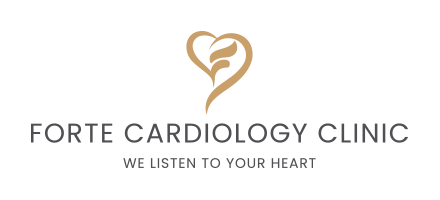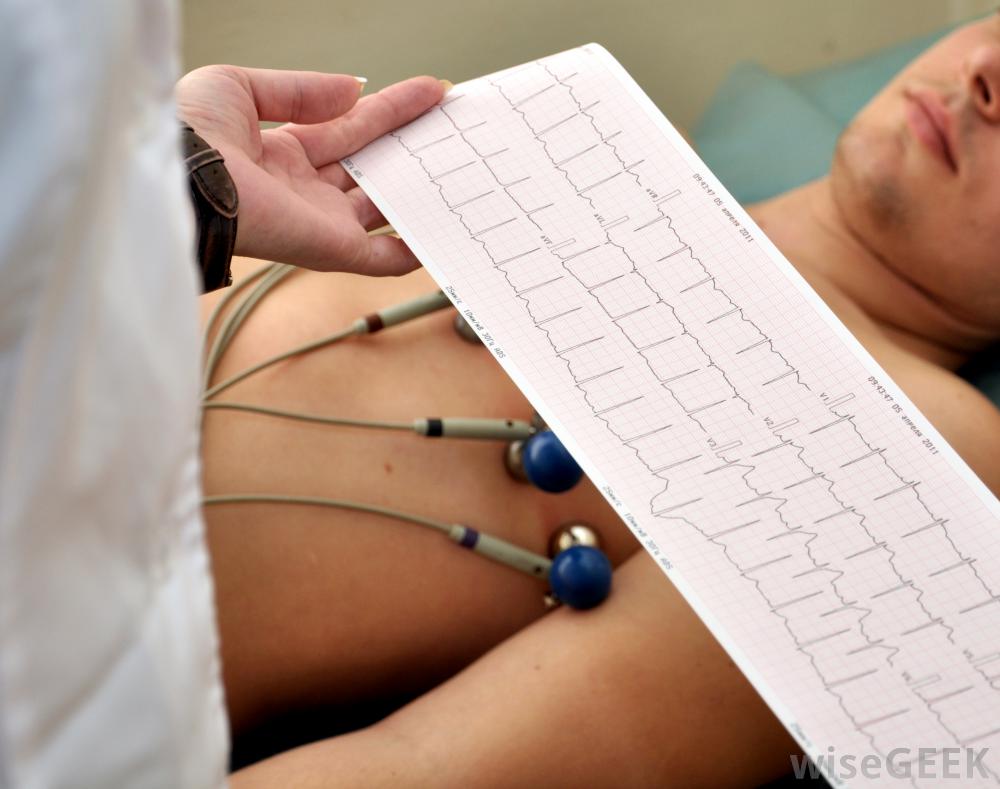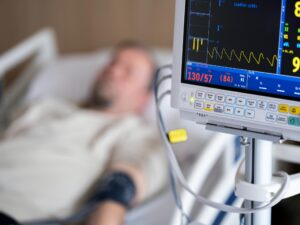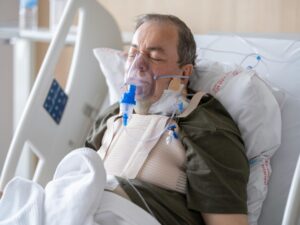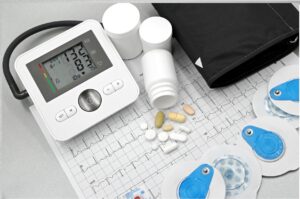Key Pointers:
- An electrocardiogram (ECG) records the heart’s electrical signals.
- Symptoms like chest pain, palpitations, or fainting often prompt an ECG.
- The test helps identify or rule out conditions such as arrhythmias or ischemic heart disease.
- It is a safe, quick, and non-invasive test.
- ECG results guide further investigations and treatment.
Why your symptoms tell only half the story
Chest pain, fainting spells, or heart flutters can feel worrying. But on their own, these symptoms don’t always reveal the full picture. A fainting episode might be due to dehydration, or it could be related to an irregular heartbeat. Chest pain might come from muscle strain, or it might point to restricted blood flow to the heart.
This is where an ECG comes in. By looking at the heart’s electrical activity, cardiologists can connect your symptoms to what’s actually happening inside your heart.
What exactly does an ECG do?
An electrocardiogram records the electrical signals that make your heart beat. Small electrodes are placed on your chest, arms, and legs. These detect the signals and create a tracing, usually seen as spikes and waves on a graph.
The patterns on this tracing can show:
- If your heart rhythm is too fast, too slow, or irregular.
- Signs of strain on the heart muscle.
- Evidence of a past or ongoing heart attack.
- Clues that point to poor blood flow (ischemia).
Matching symptoms with ECG findings
Think of an ECG as the “translator” between how you feel and what your heart is doing.
- Chest pain → ECG can show whether the discomfort is linked to reduced blood flow to the heart muscle.
- Palpitations (heart racing or skipping beats) → ECG can capture arrhythmias, from extra beats to more serious rhythm disturbances.
- Fainting or dizziness → ECG may reveal if these are connected to a sudden drop in heart rate or irregular rhythm.
In many cases, symptoms alone can be vague. The ECG helps confirm, clarify, or sometimes rule out a heart-related cause.
When an ECG isn’t the final word
While the ECG is a powerful starting point, it doesn’t always provide the full answer. Some heart conditions may not show up during a short tracing, especially if symptoms come and go.
That’s why your cardiologist may recommend:
- Holter monitoring (24–48 hours of continuous ECG recording).
- Exercise stress tests to see how your heart behaves under physical activity.
- Imaging tests such as echocardiograms or CT scans for structural detail.
In other words, the ECG is often step one, a quick, safe way to guide next steps.
Why an early ECG matters
Even if your symptoms seem minor, getting an ECG done early can help detect underlying issues before they become more serious. For many people, it provides peace of mind, showing whether the heart rhythm and electrical activity are within normal range.
FAQs About ECGs
1. Does an ECG hurt?
No. The test is painless. You may feel the coolness of the electrodes, but there are no needles involved.
2. How long does an ECG take?
Usually less than 10 minutes. The preparation and placing of electrodes may take a few minutes more.
3. Is it safe?
Yes. An ECG is non-invasive and does not carry risks of radiation or electrical shock.
4. Do I need to prepare for an ECG?
Generally, no special preparation is needed. You may be asked to avoid oily skin lotions as these can affect how the electrodes stick.
Key Pointers Recap:
- ECGs record the heart’s electrical activity in just a few minutes.
- They help explain symptoms like chest pain, palpitations, or fainting.
- ECG findings guide further tests if needed.
- It’s a safe and painless way to connect symptoms with causes.
- Early testing can support timely management of heart conditions.
Book An Appointment for Your Heart
At Forte Cardiology Clinic , we provide electrocardiograms (ECG) as part of our diagnostic services to assess symptoms and evaluate heart health. Dr Yong Thon Hon, Senior Consultant Cardiologist, can help interpret your results and recommend the next steps for care.
📍 3 Mount Elizabeth, #13-14, Singapore 228510
📞 +65 6322 7820 | +65 9772 4922
👉 Book an appointment today
